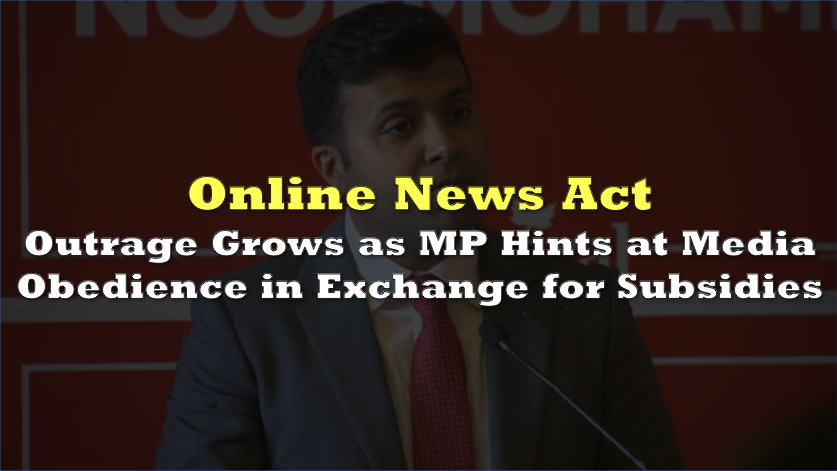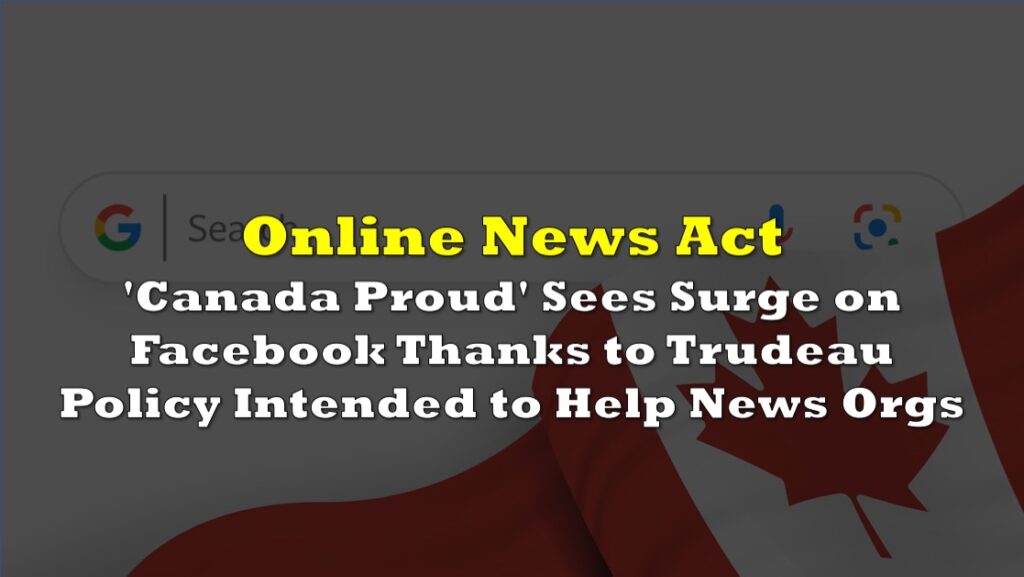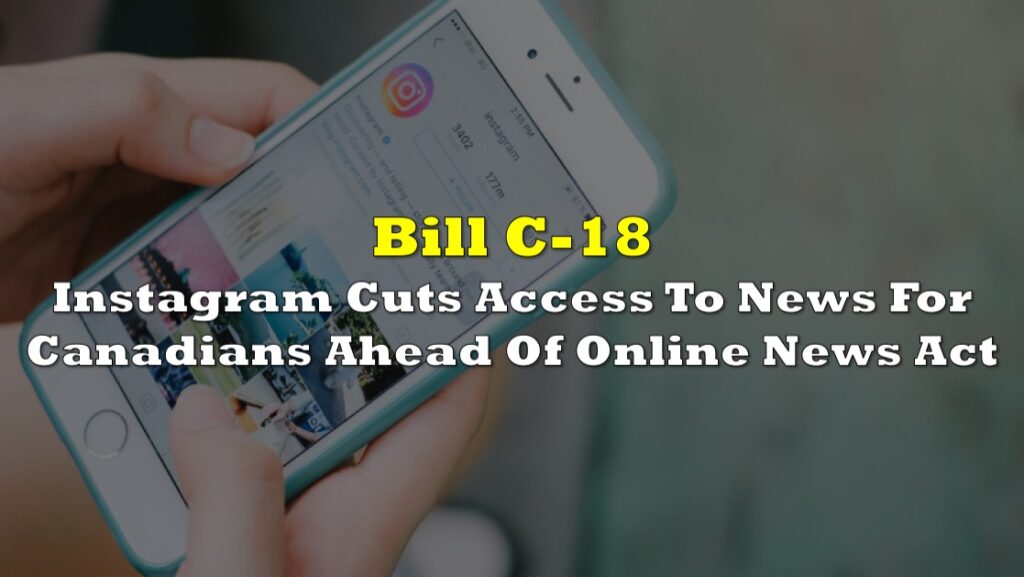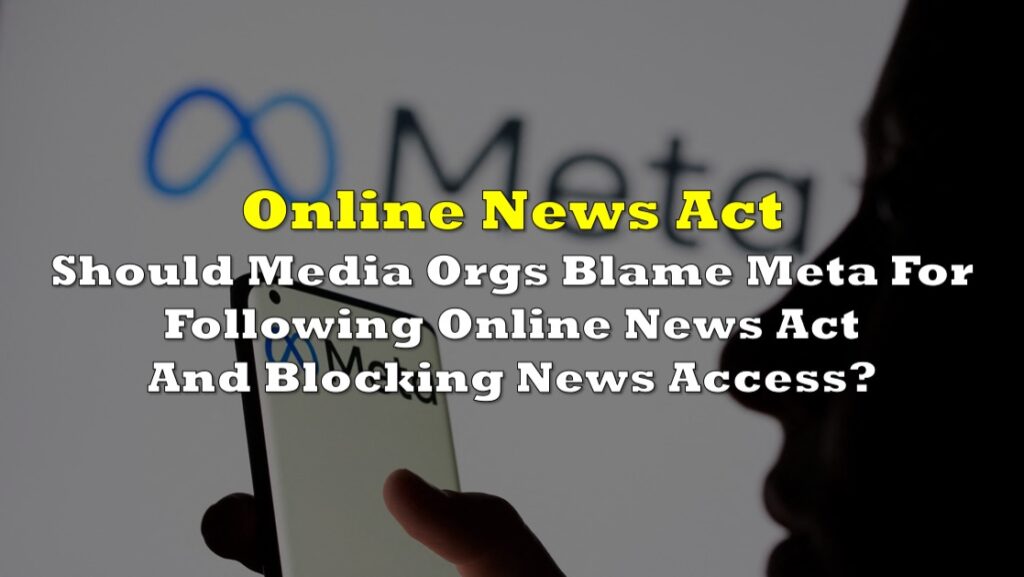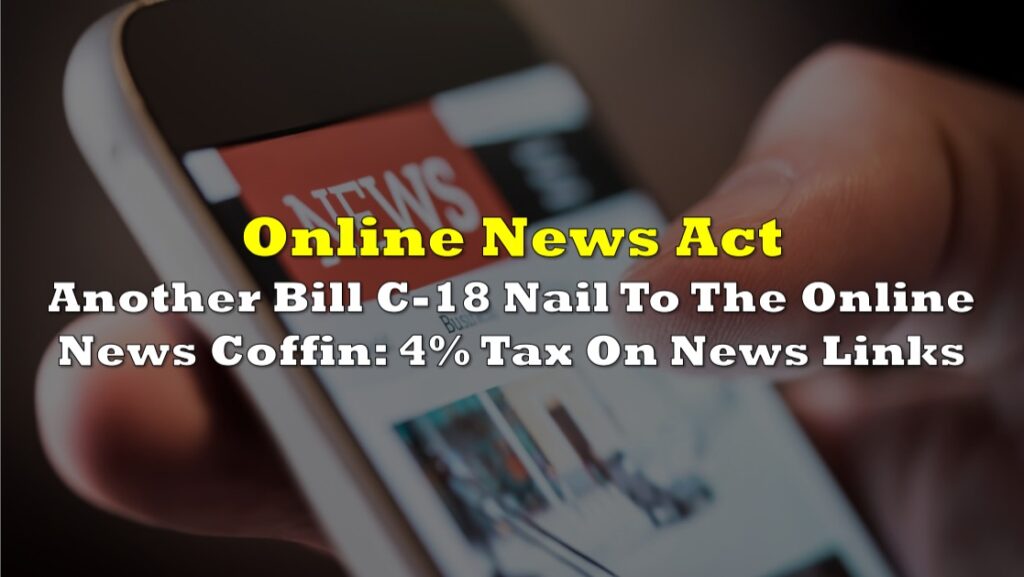Liberal MP Taleeb Noormohamed, who also serves as the Parliamentary Secretary to the Minister of Canadian Heritage, is facing significant backlash after a controversial remark he made on social media. In response to criticism from National Post journalist Terry Newman, Noormohamed defended the federal government’s financial support for Canadian news outlets, implying that without these subsidies, critical media organizations would collapse.
Noormohamed’s post quickly sparked outrage: “Your paper wouldn’t be in business were it not for the subsidies that the government that you hate put in place—the same subsidies your Trump-adjacent foreign hedge fund owners gladly take to pay your salary.”
Here’s a Liberal MP saying the quiet part out loud.
— Duncan Dee 🇮🇱🇺🇦 (@duncandee) September 7, 2024
Reposting a @nationalpost editor to highlight the subsidies his government has granted Canadian news media and decrying the Post’s coverage of the same government.
Does the government expect slavish devotion from Canadian… pic.twitter.com/YFKGleRgYr
The comment raised eyebrows not only for its accusatory tone but because of Noormohamed’s key role as Parliamentary Secretary to the Minister of Canadian Heritage—a department that oversees and manages the very subsidies he referenced. His statement seemed to suggest that media outlets critical of the government should be grateful for federal funding, a dangerous rhetoric for a government official in a position directly influencing media policy.
Noormohamed’s post, aimed at both Newman and her employer, triggered an intense debate over the role of government subsidies in the media landscape. By pointing out that certain news outlets depend on government support to stay afloat, Noormohamed seemed to imply that criticism of the federal government from subsidized outlets was hypocritical or misplaced.
For a figure like Noormohamed, whose direct portfolio involves media oversight through his role in Canadian Heritage, the implications are particularly concerning. His department, after all, is responsible for distributing financial aid to struggling media outlets, including funds from the Canada Periodical Fund, which provides vital support to newspapers and magazines across the country.
With the Liberal government’s role in distributing these subsidies already under scrutiny, Noormohamed’s comment has left many wondering if there are unspoken expectations attached to the funding.
Many saw Noormohamed’s remark as a veiled threat, implying that media outlets should temper their criticism of the government if they wish to continue receiving funding. The blowback was immediate, with prominent voices on social media and within Canadian politics calling the MP’s rhetoric dangerous.
Duncan Dee, a commentator and vocal critic of the government, pointed out the gravity of the situation, writing, “Here’s a Liberal MP saying the quiet part out loud. Does the government expect slavish devotion from Canadian journalists in exchange for those subsidies?”
Bill C-18
Noormohamed’s comments are particularly alarming given his role as the Parliamentary Secretary to the Minister of Canadian Heritage, the very department that is responsible for the Bill C-18 Online News Act, which passed in 2023. Bill C-18 was intended to help news organizations survive the shift to a digital world by forcing tech giants like Meta and Google to pay Canadian news outlets for using their content. However, in a retaliatory move, Meta blocked news from Canadian publishers on its platform. This decision has since led to a dramatic drop in online engagement with Canadian news content, with a reported 58% decline in overall engagement.
A reminder that @Taleeb isn't just any Liberal MP. He is Parliamentary Secretary to the Minister of Canadian Heritage. @CdnHeritage is the department that hands out those subsidies to the news media.
— Mark Goldberg (@Mark_Goldberg) September 8, 2024
How are we supposed to interpret this post? https://t.co/MTTcnP3VFC pic.twitter.com/oxLKHxnQ3D
The MP’s involvement in a department that directly handles media subsidies makes his remarks more than just off-the-cuff. They come from a man directly involved in decisions affecting the survival of Canadian news outlets, especially amid the fallout from Bill C-18.
Conservative MP Dan Albas raised a similar concern, stating, “Subsidies for certain media outlets are causing the industry to look like it’s on the government payroll. The government chooses media that it likes and purposely removes or exempts from the conversation media it doesn’t like.”
More evidence. https://t.co/2TO0dxekCM
— MBrant75 (@MBrant75) August 18, 2024
This concern highlights a broader issue within the Canadian media landscape. While subsidies like those administered through the Canada Periodical Fund have been crucial for many smaller, independent outlets, they create an uncomfortable dependence on government support.
Conservative and independent voices alike have denounced the notion that media outlets receiving government funding should be expected to fall in line with the government’s agenda. Critics argue that Noormohamed’s post on X implies that government subsidies are being used as leverage, pressuring news organizations to be more favorable in their coverage of the ruling Liberal Party.
Terry Newman, whose original criticism of the government prompted Noormohamed’s response, hit back with sarcasm: “Okay. You win. You pay my salary. I’ll stop criticizing your government now. Please don’t fire me.”
Okay. You win. You pay my salary.
— Terry Newman (@TLNewmanMTL) September 7, 2024
I'll stop criticizing your government now.
Please don't fire me.#cdnpolitics #cdnmedia https://t.co/F2fMpkLpK3
Slippery slope
Noormohamed’s comments are part of a larger conversation about the role of the government in shaping the Canadian media landscape, especially in light of Bill C-18. The bill’s impact has been devastating to many smaller news organizations, particularly after Meta’s news ban. Since the bill passed, over 200 predominantly local news outlets have been forced to close, with social media engagement plummeting by more than 11 million views across Canadian news sites.
The government’s initial goal with Bill C-18 was to level the playing field for Canadian media in the face of declining print revenues and the rise of digital platforms. But the law’s unintended consequences have left many news organizations struggling more than ever, as they face decreased online visibility and dwindling advertising revenue.
Noormohamed’s rhetoric has sparked an important conversation about the future of Canadian media and the role of government in its survival. While government subsidies are critical to keeping many news outlets afloat, these funds should never come with an expectation of compliance or loyalty. The very essence of a free press lies in its ability to criticize the government without fear of retribution—financial or otherwise.
Information for this story was found via the sources mentioned. The author has no securities or affiliations related to the organizations discussed. Not a recommendation to buy or sell. Always do additional research and consult a professional before purchasing a security. The author holds no licenses.

